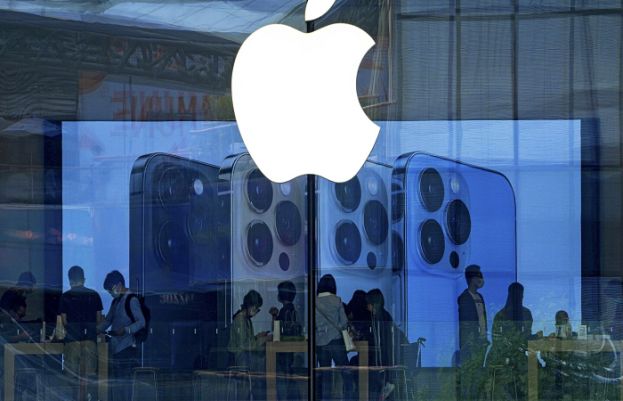
District Judge Julien Neals of New Jersey ruled that the government had sufficiently shown that Apple holds monopoly power in key segments of the smartphone industry and has engaged in anticompetitive practices to preserve that dominance.
The lawsuit, initially filed in March 2024 by the DOJ’s antitrust division along with 20 U.S. states, accuses Apple of unlawfully restricting competition by imposing limitations on app developers and device manufacturers—actions that allegedly stifle innovation and consumer choice.
According to the complaint, Apple controls approximately 65% of the overall U.S. smartphone market and an even larger 70% share of the "performance smartphone" segment, which includes premium devices and excludes lower-end models.
Judge Neals stated that the company's dominant market share, combined with high barriers to entry for competitors, provides enough basis to move the case toward a full trial. While no trial date has been set, legal experts anticipate the case could stretch over several years.
In response, an Apple spokesperson told AFP: “We believe this lawsuit is wrong on the facts and the law, and we will continue to vigorously fight it in court.”
The government alleges Apple maintains this dominance by restricting five key technologies: "super apps," cloud-streaming apps, text messaging, smartwatches, and digital wallets.
The ruling highlighted internal Apple communications that allegedly show intent to maintain monopoly power, including statements from executives about preventing users from switching to competing devices.
Apple faces potential remedies ranging from changes to its business practices to orders requiring it to divest parts of its device and software empire if the government ultimately prevails at trial.
The case is among several major antitrust challenges facing Apple, which has also been accused for taking a significant cut of proceeds from outside apps on its devices.
The lawsuit is one of five major cases launched by the first Trump administration and Joe Biden's administration that also targeted Meta and Amazon.
In the two cases against Google, judges found the search engine giant guilty of running an illegal monopoly, and the company faces potential forced divestments of some of its businesses.
No comments:
Post a Comment